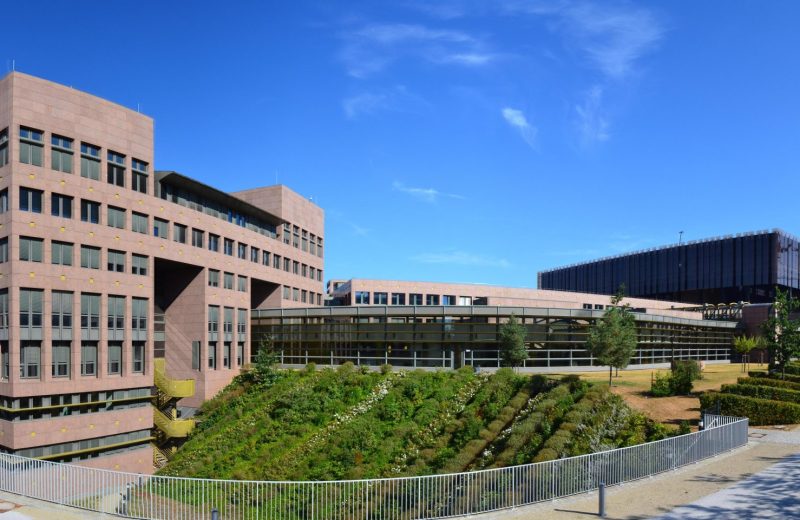EU announces reference SAF prices for penalties

While President Donald Trump appears to be rolling back incentives for US sustainable aviation fuel (SAF) producers, EU continues developing the regulatory framework for its mandate.
This week, the European Union Aviation Safety Agency (EASA) launched reference prices for the ReFuelEU Aviation initiative. These will serve as benchmarks for EU states determining non-compliance penalties and for the support mechanism for eligible aviation fuels under the EU ETS Directive.
EASA calculated 2024 average prices for SAF from biofuels, advanced biofuels, and recycled carbon biofuels at €2,085/t ($2,169/t). The reference price for synthetic aviation fuels (eSAF) is estimated at €7,695/t ($8,007/t), while conventional aviation fuel is €734/t ($763.8/t).
This creates price differentials of €1,351/t ($1,406/t) for SAF and €6,961/t ($7,244/t) for eSAF compared with conventional fuel.
Under Article 12 of ReFuelEU Aviation, penalties for non-compliance must be at least twice the price difference between SAF and fossil kerosene. Based on 2024 average prices, SAF non-compliance penalties would be around €2,700/t ($2,809/t), while eSAF penalties would be significantly higher at €13,992/t ($14,560/t), though the eSAF sub-mandate doesn’t begin until 2030.
Significantly, jet fuel suppliers who fail to meet EU mandates must pay these penalties but aren’t exempted from meeting quotas. Unfulfilled quotas carry over to subsequent years, making non-compliance increasingly costly over time.
While EASA provided much-needed clarity for EU member states to work out penalties for non-compliance, another EU institution the General Court of the European Union quashed hopes for potential alcohol-to-jet production in the continent.
EU policymakers remain committed to the sustainable aviation framework but stakeholders have challenged various aspects of ReFuelEU Aviation.
A key point of contention is which fuel types qualify under the mandate, particularly the exclusion of crop-based biofuels. Last year, ePURE and Pannonia Bio, representing the EU’s ethanol sector, challenged this exclusion in the courts, claiming the regulation harms ethanol and SAF producers globally by denying access to an emerging low-carbon fuel market.
However, this week the General Court of the European Union dismissed the case ruling that ePURE and Pannonia Bio lacked legal standing to bring the challenge.
The case had support from US ethanol representatives, as the Renewable Fuels Association, Growth Energy, U.S. Grains Council, and LanzaJet had petitioned to intervene in support of the European biofuel interests. These groups expressed strong reaction on the court decision.
“We are disappointed by the Court’s decision and strongly disagree with its finding that biofuel producers in the EU and United States – who manufacture the renewable fuels that become SAF – are somehow not harmed by the EU’s unfair and unscientific SAF requirements,” the US groups stated.
“We will continue exploring options with our partners in Europe to address the biased nature and punitive effects of the ReFuelEU Aviation regulation.”
By effectively banning crop-based SAF, the regulation limits market access for ethanol and the AtJ pathway which is attracting significant investor interest in the Americas.
In its absence, the EU-based SAF producers will have to scale domestic production from non-crop feedstocks to meet the rising demand.
Subscribe to our free newsletter
For more opinions from SAF Investor, subscribe to our email newsletter.
